
Puffiness of the face in the morning: Causes, symptoms, treatment and prevention
Waking up with a swollen and puffy face is not a desirable condition. Facial puffiness can typically develop overnight as fluids accumulate in the relatively soft tissues of the face. This temporary swelling often corrects itself after a few hours but can persist sometimes. This article will help you explore the causes, symptoms, treatment and prevention of morning facial puffiness.
What is the puffiness of the face?
Puffiness of the face refers to swelling under the facial skin that causes a rounded and complete appearance. It typically occurs around the eyes, cheeks, and lower face. People often notice that their face is swollen in the morning or that their face is puffy in the morning, which can be due to several common factors such as lack of sleep, crying, allergies, high salt intake, and side effects of certain medications.
Genetics, hormonal changes, and underlying health conditions can also contribute to facial puffiness. While mild swelling may come and go, chronic or severe puffiness could indicate an underlying health issue that requires attention.
Lifestyle changes, including getting adequate sleep, reducing sodium intake, staying hydrated, managing stress levels, and using cool compresses, can help reduce facial puffiness. However, if the swelling is severe, painful, or persists without an obvious reason, it’s best to seek medical advice to rule out any serious concerns.
What are the causes of face swelling in the morning?
So, exactly what causes the face to swell? There can be several potential causes of morning facial puffiness. Some of the most important puffy face causes include the following:
- Allergies: Allergic reactions can trigger facial swelling. This puffy face allergy response often develops seasonally from pollen or pet dander. Food allergies can also be a factor.
- Salt Intake: Eating salty foods before bed can lead to water retention and make the eyes and face puffy overnight.
- Sleeping Face-Down: Sleeping on your stomach or side with your face pressed into the pillow can obstruct blood and lymph flow, leading to fluid buildup.
- Alcohol Consumption: Drinking alcohol before bed can dilate blood vessels and lead to facial puffiness, especially around the eyes.
- Medications: Certain prescription medications, such as steroids, anti-inflammatory measures, and high blood pressure medications, can cause water retention.
- Crying: Shedding of tears can carry salt to the skin's surface, causing temporary swelling in the face.
- Weather Changes: Some people experience morning facial puffiness due to pressure changes associated with weather changes.
- Pregnancy: Hormonal changes during pregnancy can manifest as temporary puffiness of the face and eyes.
- Excess Sun Exposure: Though not a direct cause of facial puffiness, excess sun exposure can worsen existing conditions. The Pink Foundry offers the Dewy Hydrating Hybrid Sunscreen SPF 50+, which you can use every time you step out in the sun.
Also read: 6 Ways to Protect your Skin from Sun Damage
Symptoms of swollen face in the morning
Along with visible facial swelling centred around the eyes, cheeks, and mouth, other common morning puffy face symptoms include the following:
- Tight, tingly, and itchy skin
- Redness and warmth indicating inflammation
- Difficulty in fully opening the eyes upon waking
- Indistinct facial areas and features that can appear swollen
Treatment for puffy face in the morning
Fortunately, facial swelling from fluid retention in the face usually goes away on its own. But you can speed up relief and reduce the chances of recurrence with several remedies. Some necessary treatment measures include the following:
- Sleep on Your Back: This allows gravity to keep facial fluid from pooling in the facial tissues overnight.
- Reduce Salt Intake: Try limiting your sodium intake before bed to avoid water retention that can trigger facial puffiness in the morning.
- Elevate Your Head: Try using extra pillows to prop up your head to minimise facial puffiness.
- Apply Cold Compresses: Chilled cucumber slices or damp tea bags can help constrict facial blood vessels and decrease swelling.
- Try a Massage: Use light and sweeping strokes from your nose outward to drain fluid from the lymph nodes.
- Use Anti-Inflammatory Creams: Over-the-counter hydrocortisone creams can help calm inflammation that can cause puffy skin, eyes and lips.
- Drink More Water: Proper hydration can help one improve blood circulation and lessen facial puffiness over time.
- Antihistamines: If allergens are causing your facial puffiness, antihistamines can stop excess facial fluid formation triggered by their reactions.
- Get 7-9 Hours of Sleep: Quality sleep can help one prevent facial fluid accumulation. In terms of sleep, quality usually matters more than quantity.
How to prevent puffy face in the morning
Lifestyle changes play a crucial role in the management of most health-related conditions; morning facial puffiness is no exception. Let us explore some of the important lifestyle changes that can help one reduce morning facial puffiness:
- Sleep on your back with extra pillows
- Reduce salt intake in the evening.
- Avoid alcohol and caffeine intake.
- Take antihistamines if allergies are suspected.
- Try avoiding medications that are causing morning facial puffiness.
- Practice stress relief and relaxation techniques like Yoga and meditation
- Exercise regularly to improve blood circulation.
- Drink plenty of water to stay hydrated.
- Do not pick your acne. You can use the Clearing & Calming Acne Face Wash offered by The Pink Foundry to remove impurities and calm your skin with a cleaner and fresher look.
Making these daily lifestyle changes for the short term might not be enough. Implementing these healthy habits for the long term, in addition to good sleep habits, diet changes, and stress relief strategies, can go a long way towards managing morning facial puffiness.
Occasional and temporary swelling, however, is normal and should cause alarm. Paying attention to what makes the condition better or worse can help you better manage facial puffiness.
Taking medical assistance
Facial puffiness that persists daily and seems to worsen or impair eyesight or breathing should warrant medical evaluation. Rapid swelling of the face, especially when accompanied by hives of spots or difficulty in swallowing, may indicate a severe allergic reaction (anaphylaxis) requiring emergency treatment. Seeking timely medical assistance can help one rule out any underlying conditions.
Also read: Morning habits to prevent puffy face
Conclusion
Waking up with a puffy face can have various causes, like allergies, diet, sleep position, and medicine reactions. Temporary preventative tactics like sleeping on your back, reducing salt and alcohol intake, taking antihistamines, and staying hydrated can help reduce annoying facial puffiness; one can also consider consulting a skin care specialist.







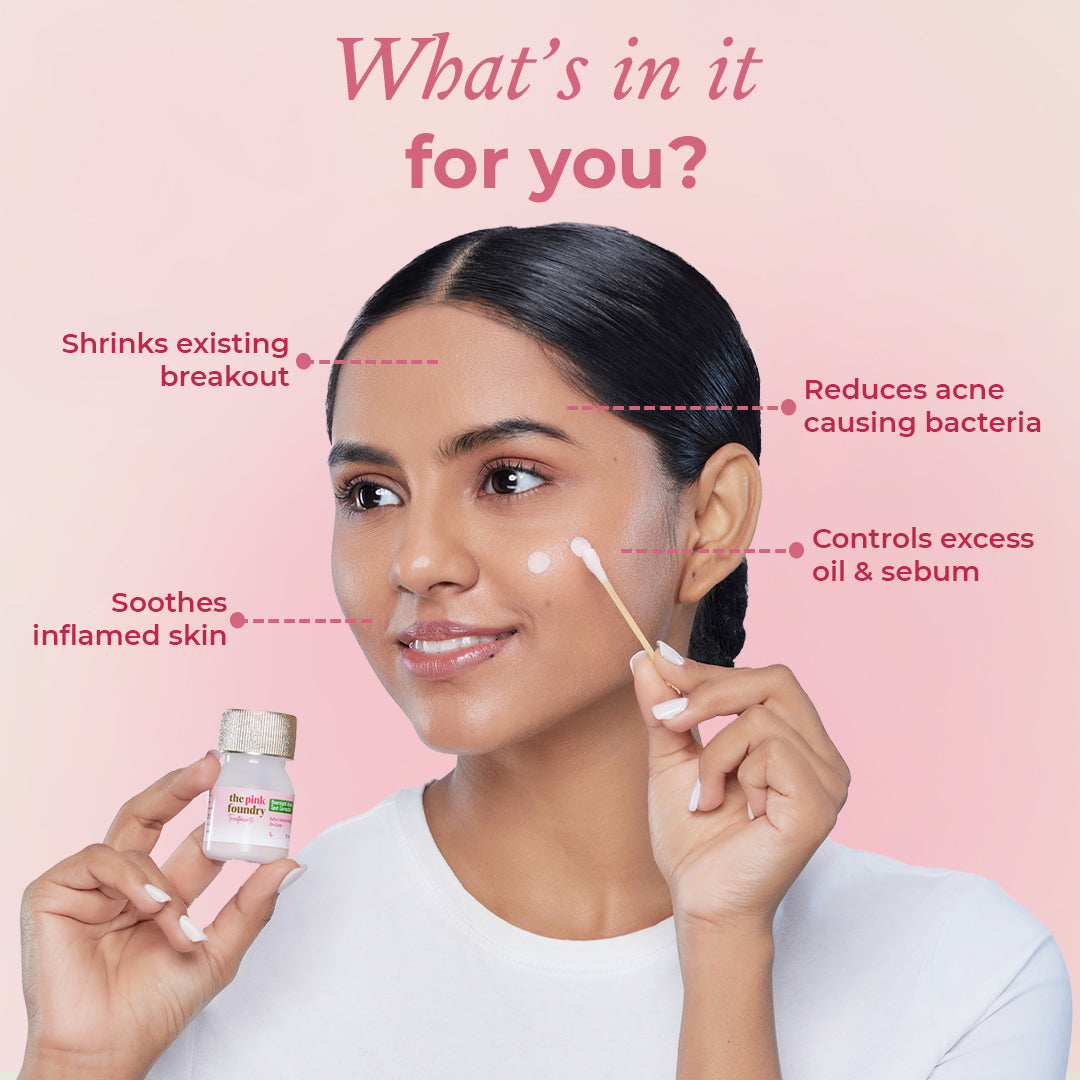
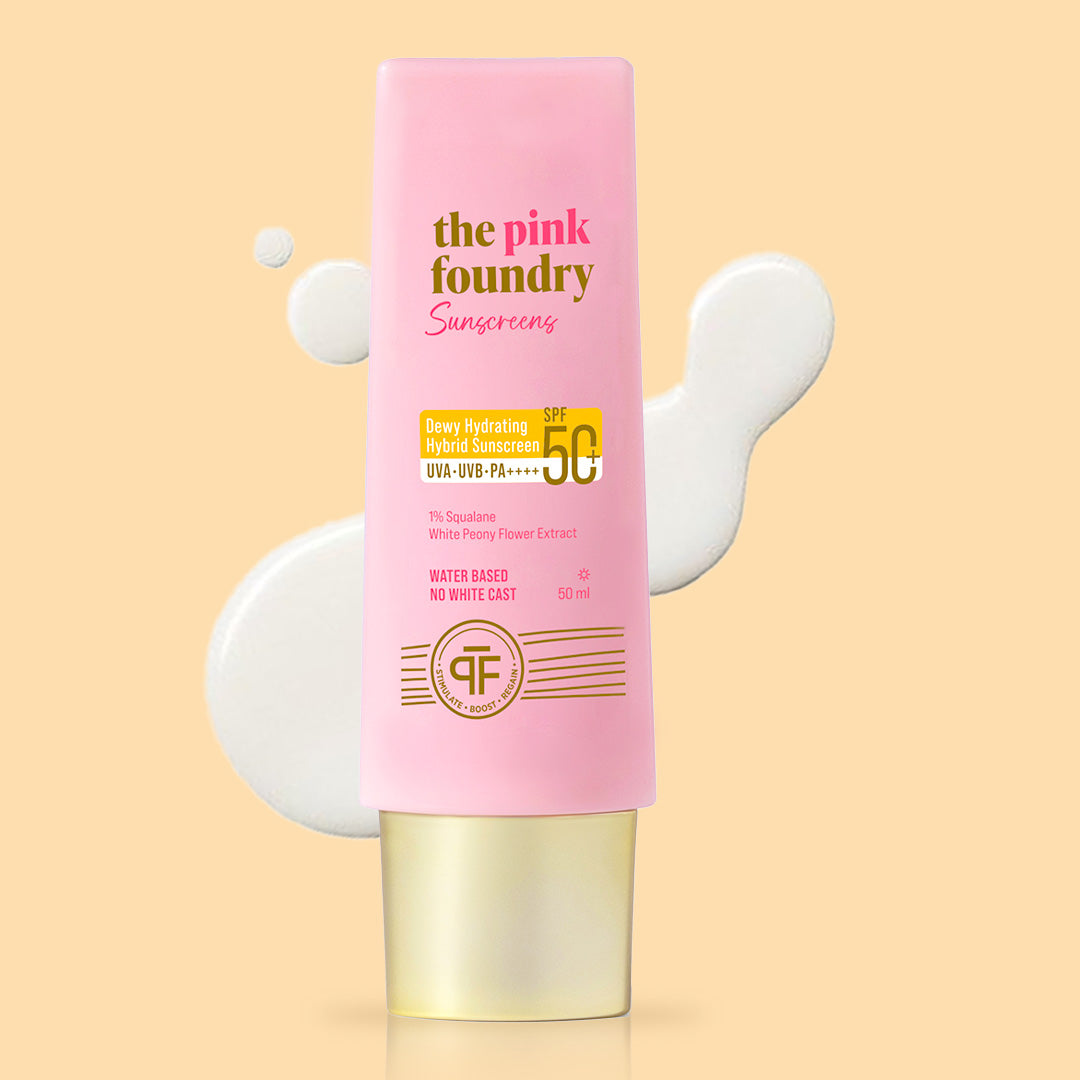



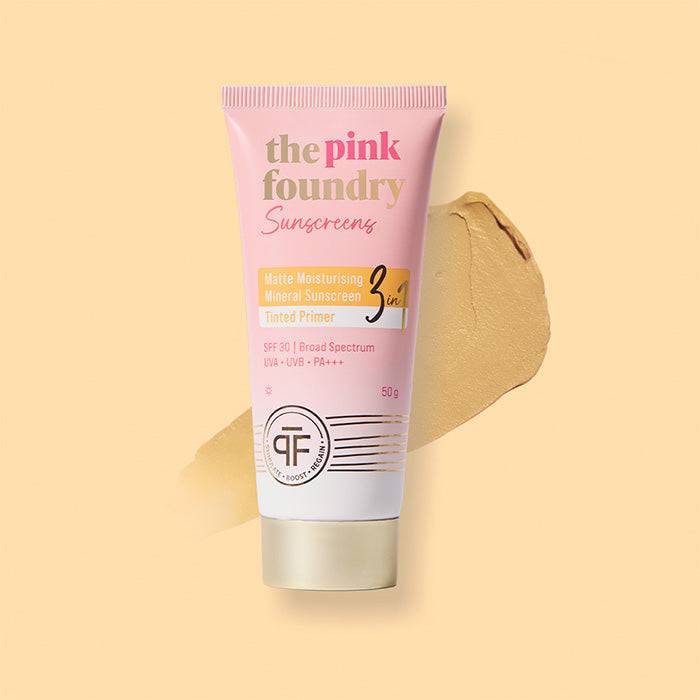
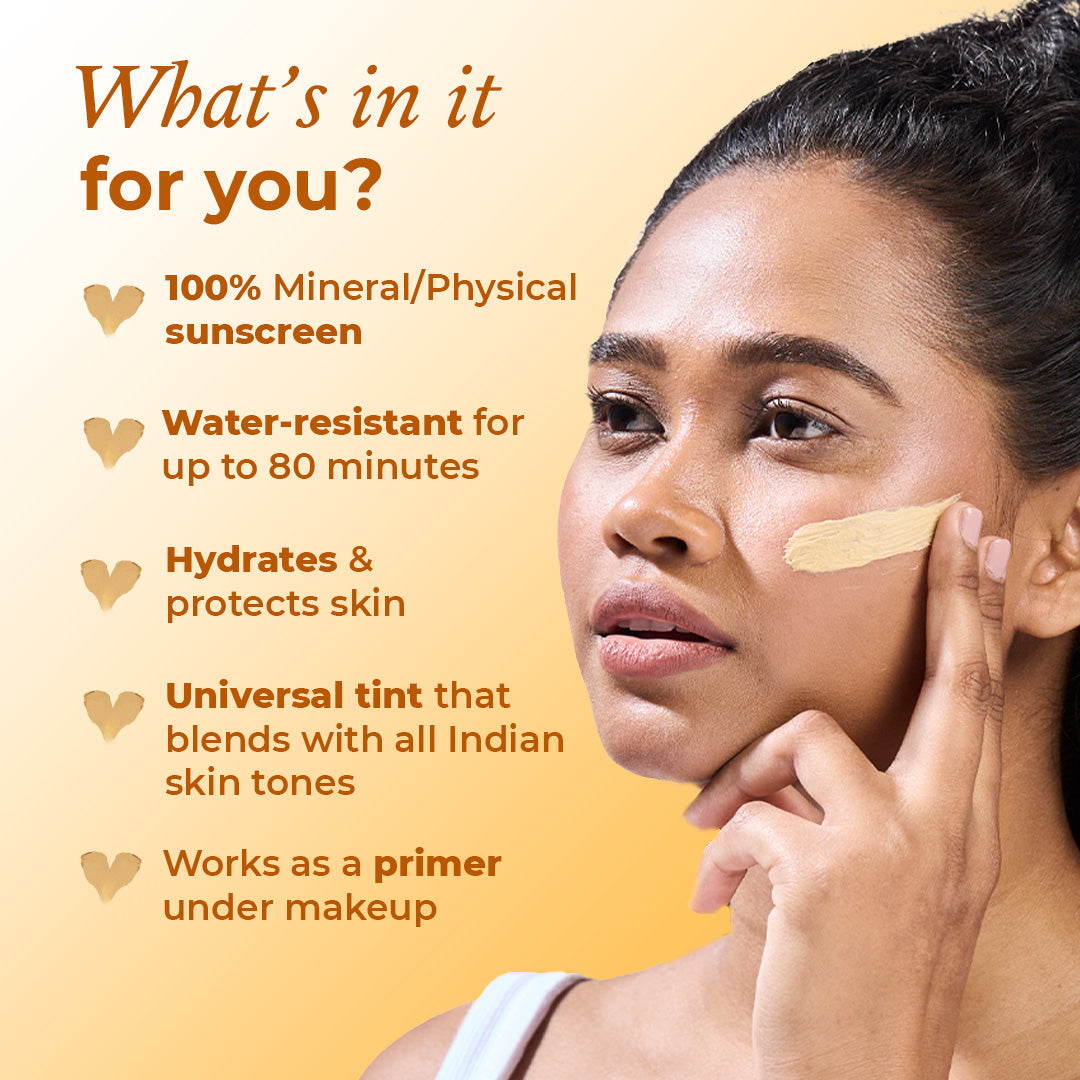



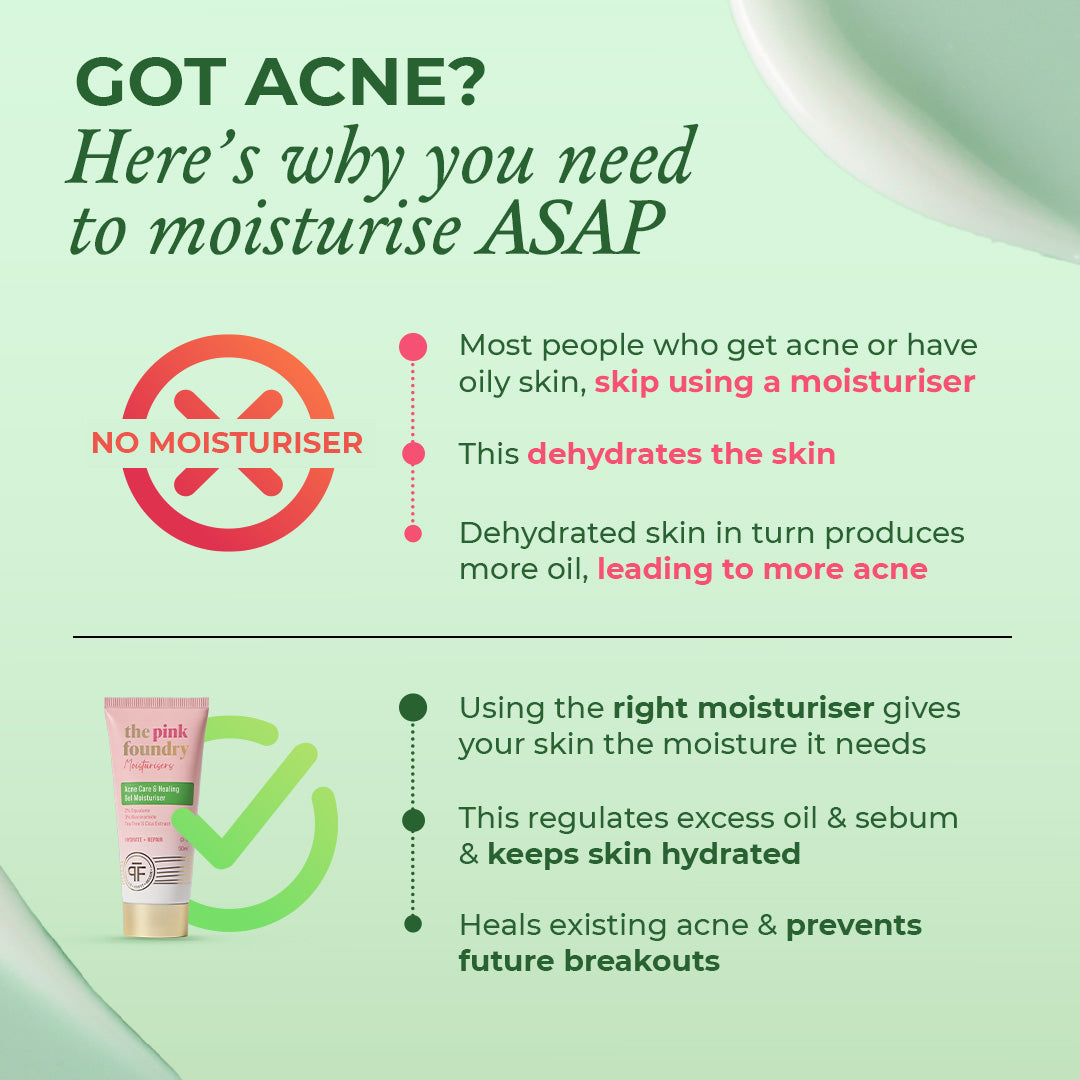
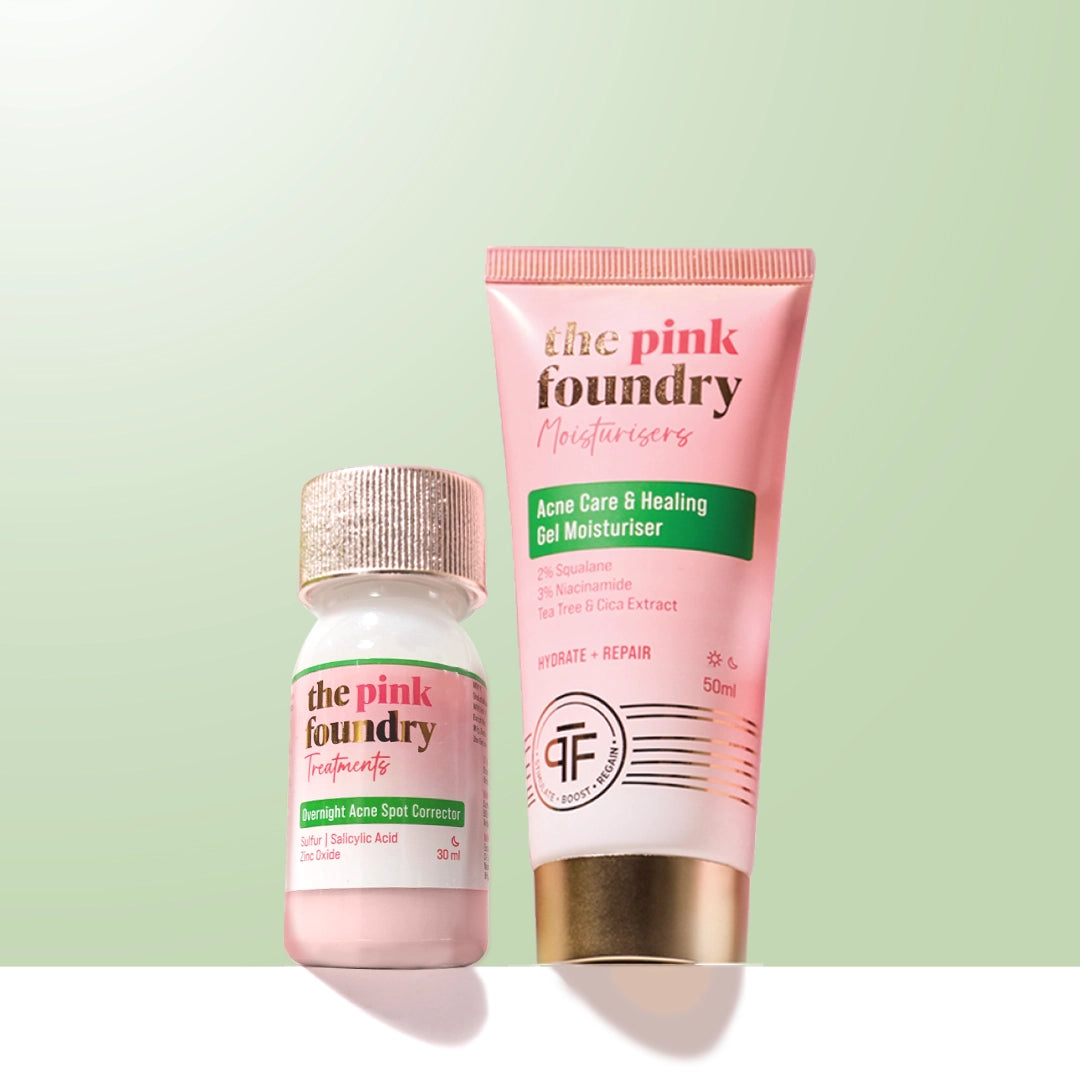
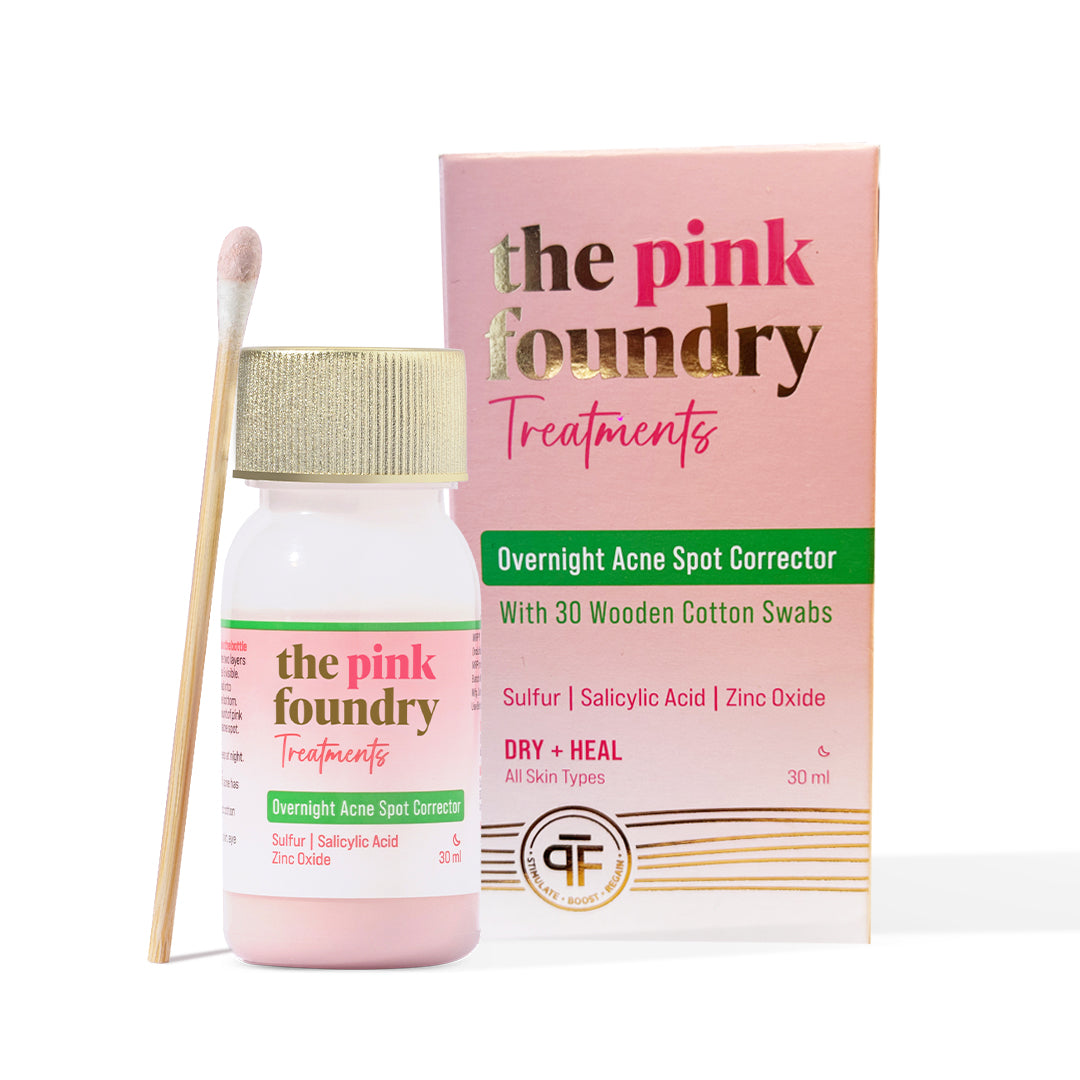
Leave a comment
This site is protected by hCaptcha and the hCaptcha Privacy Policy and Terms of Service apply.